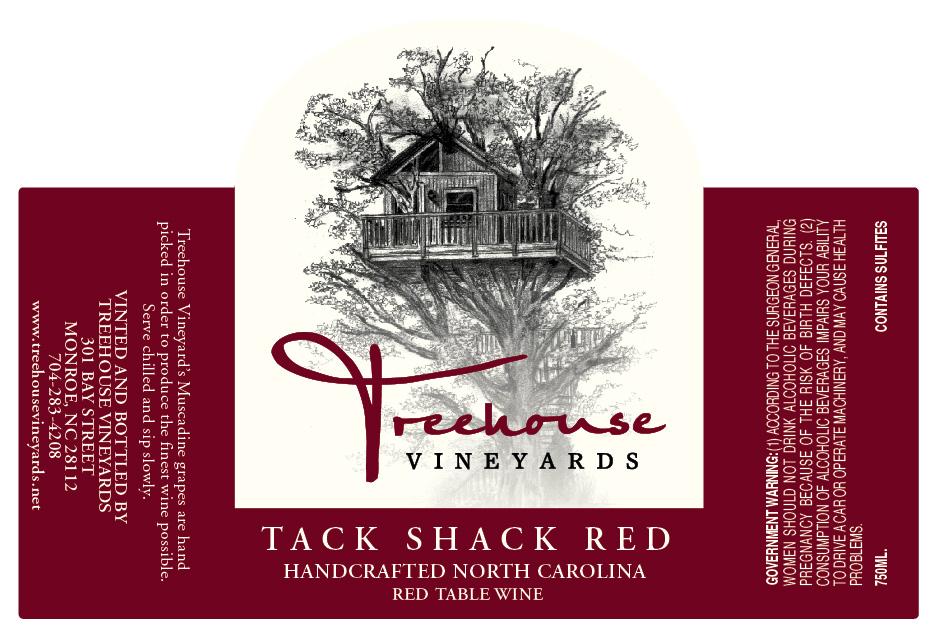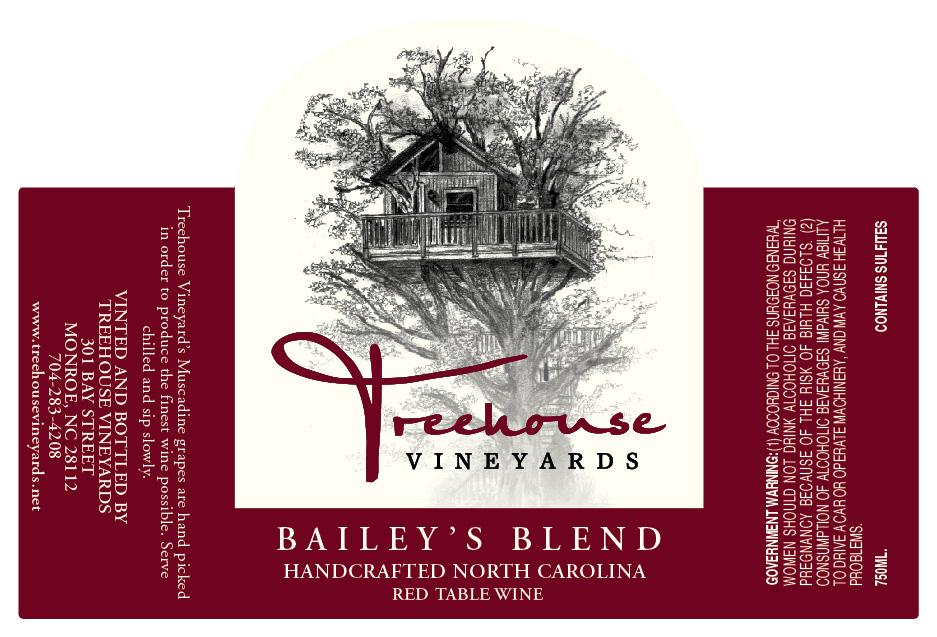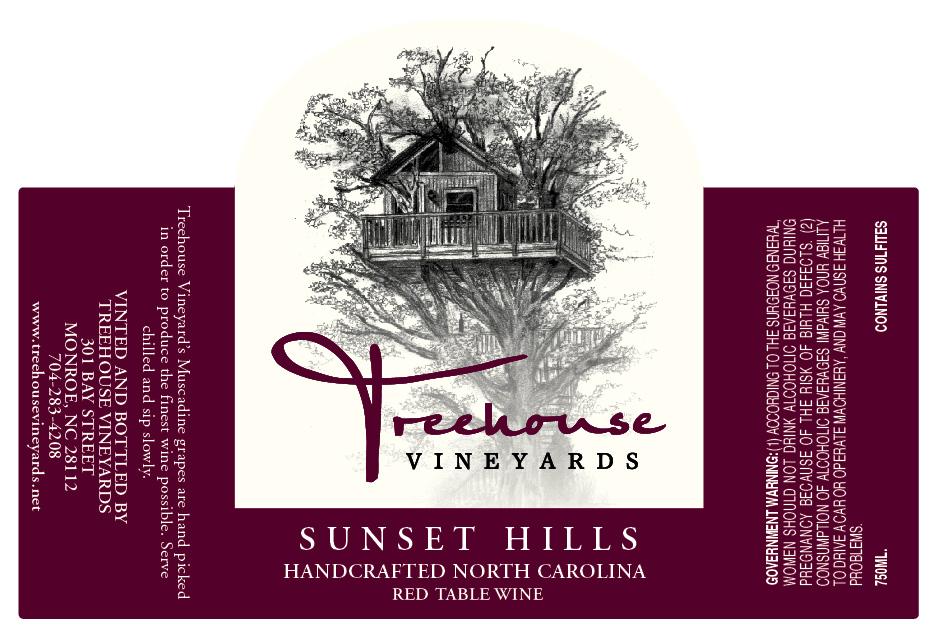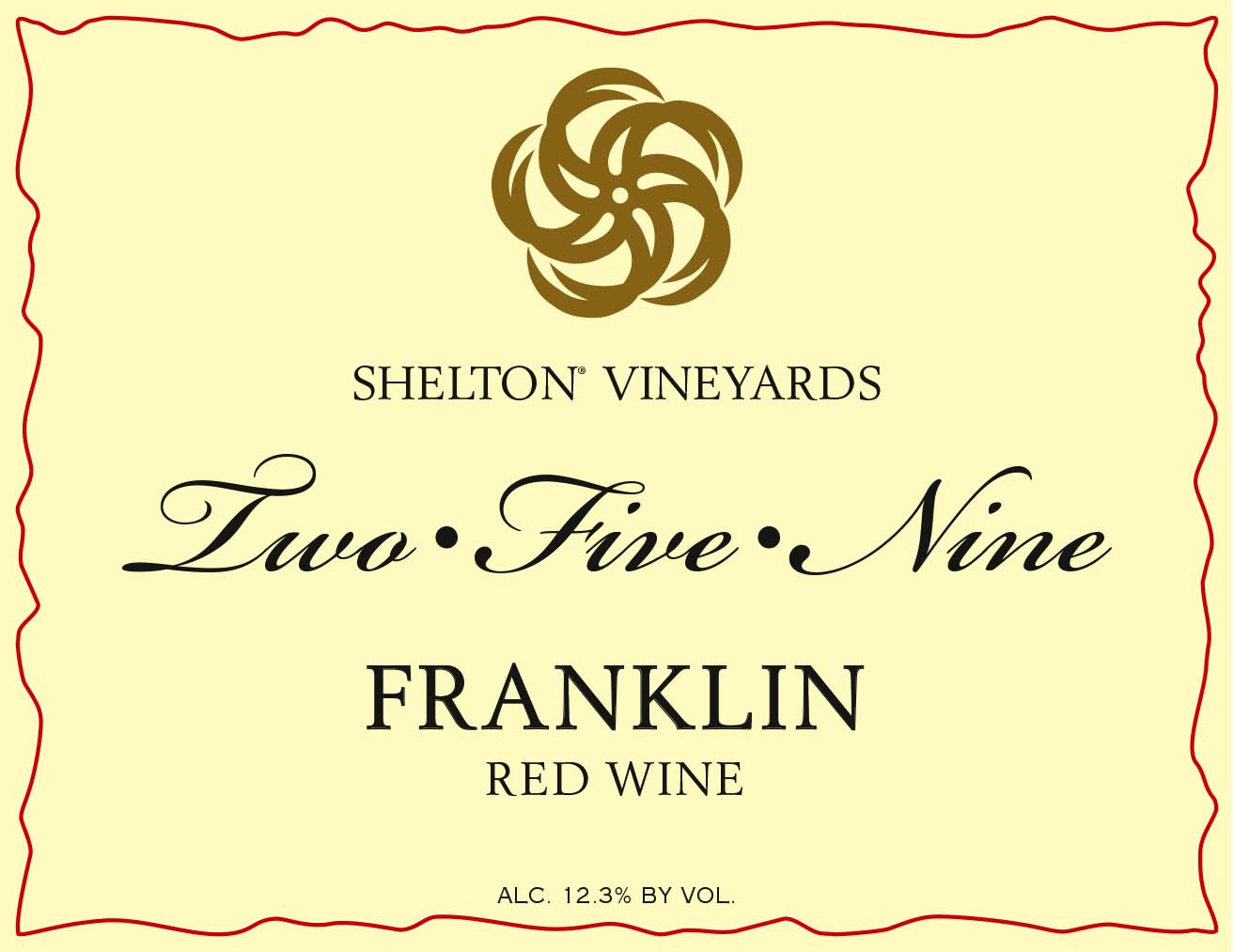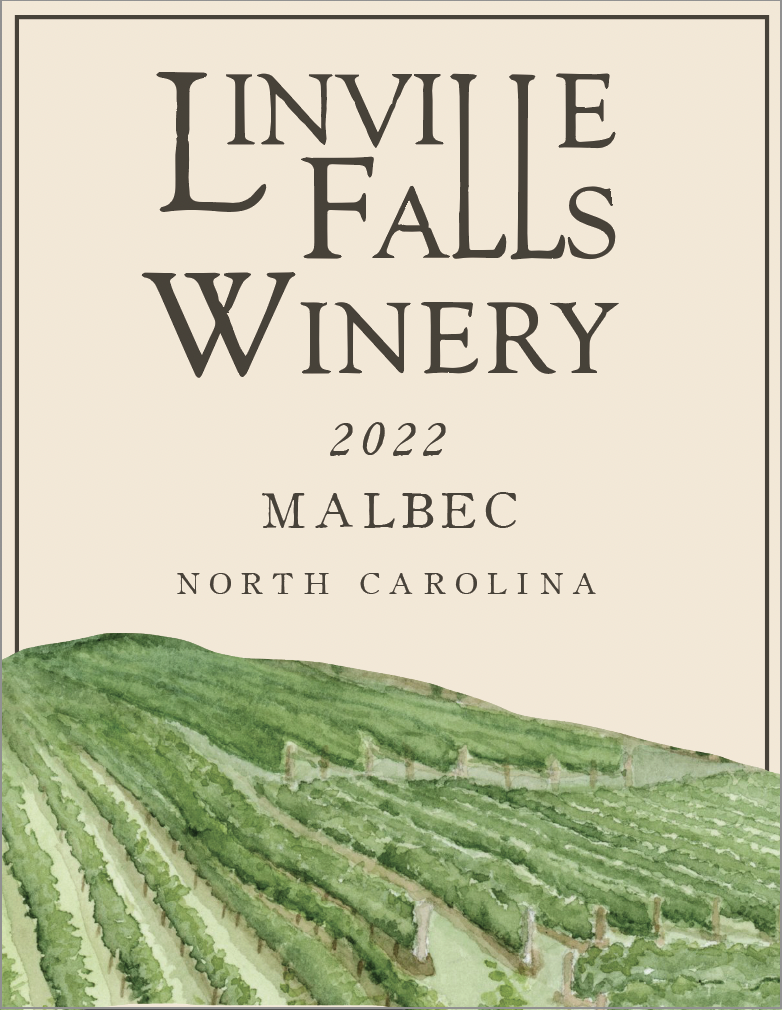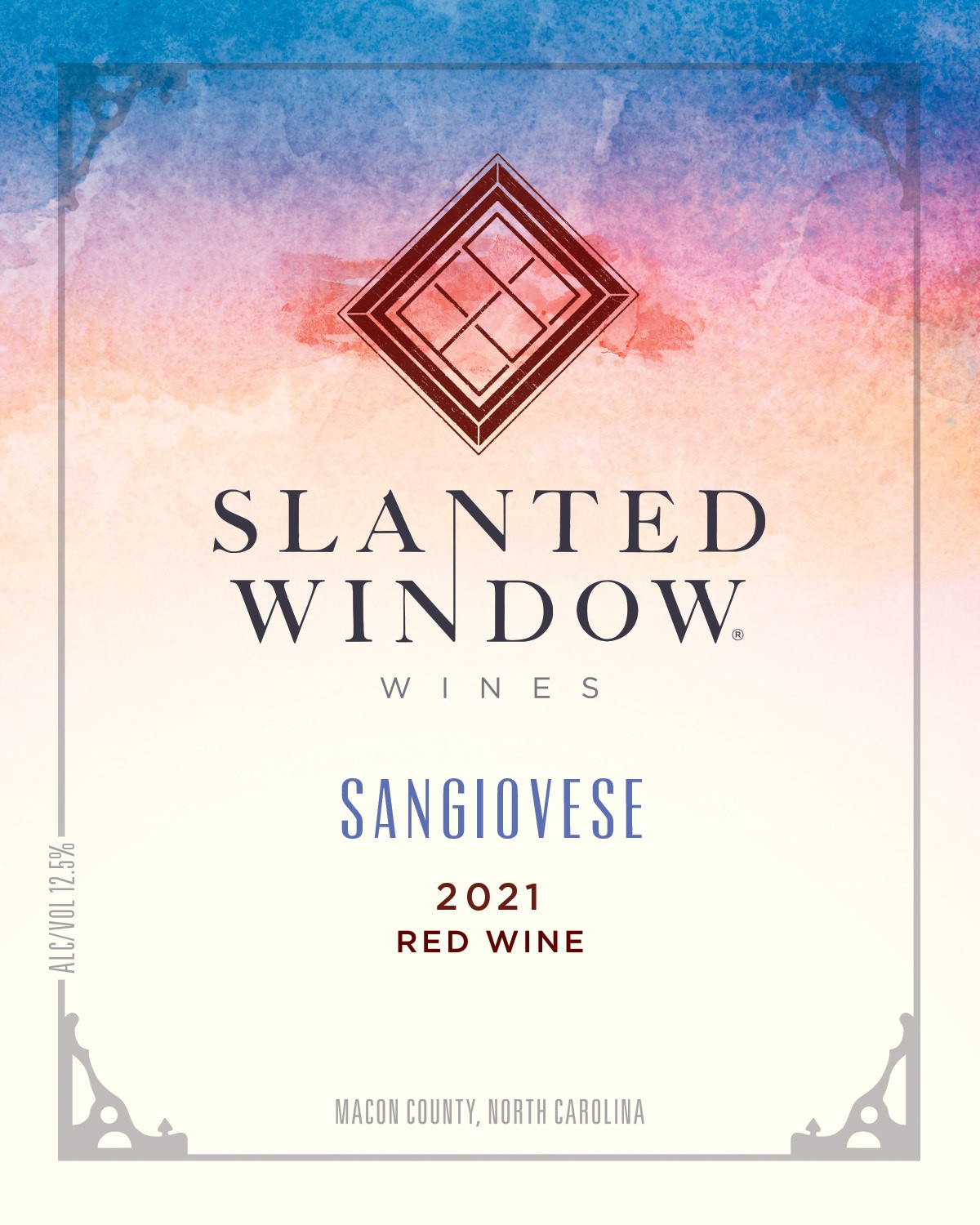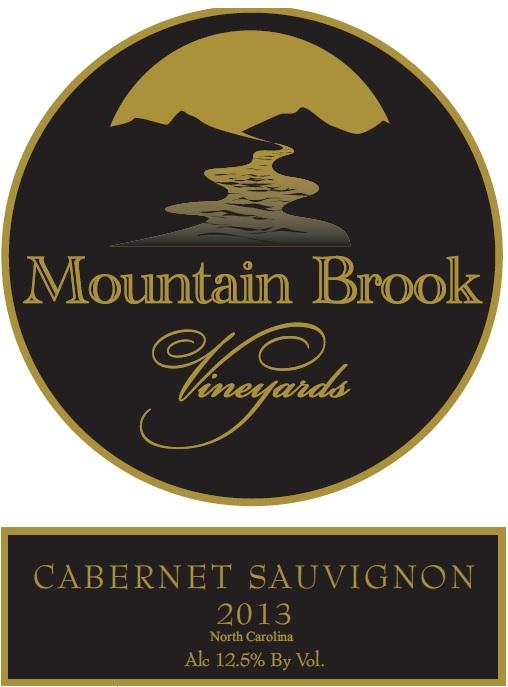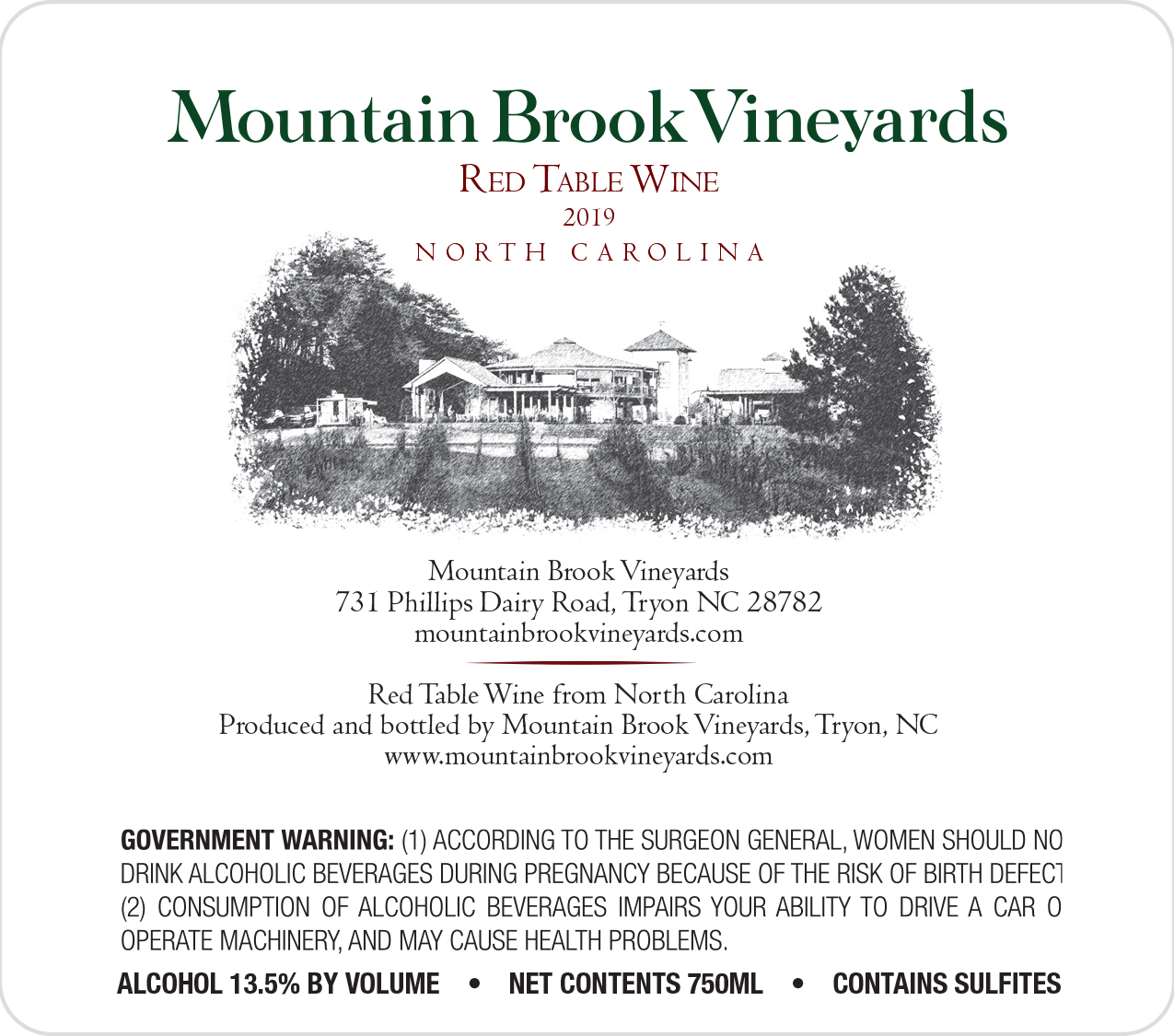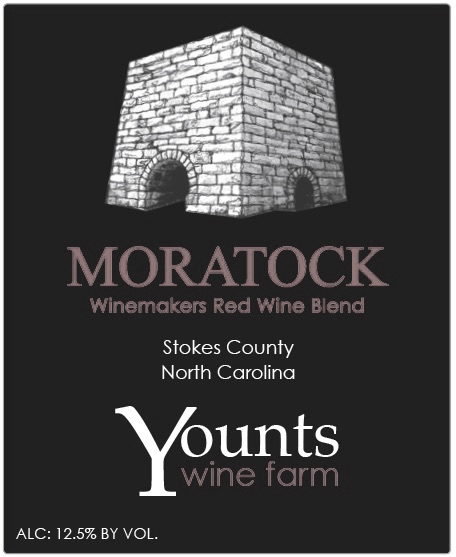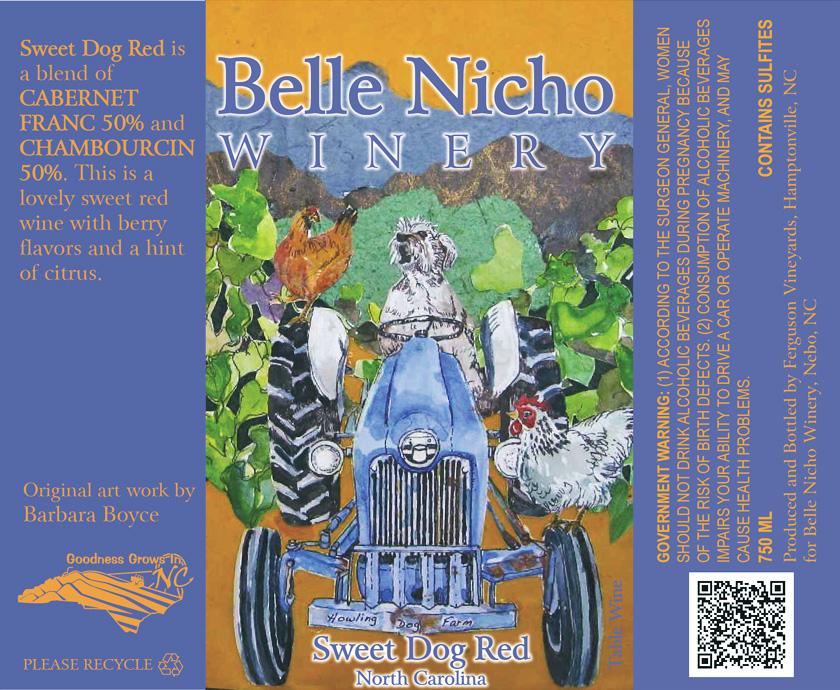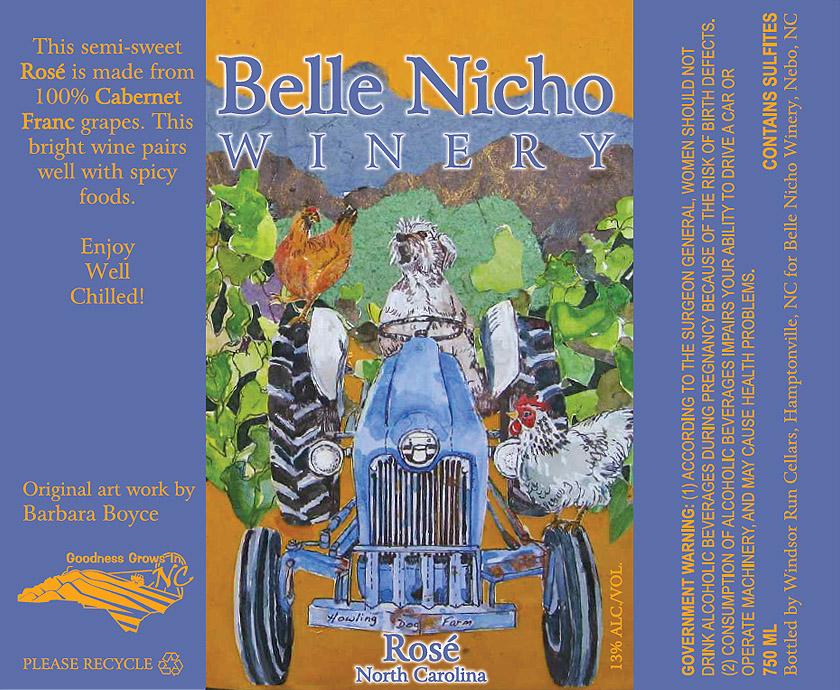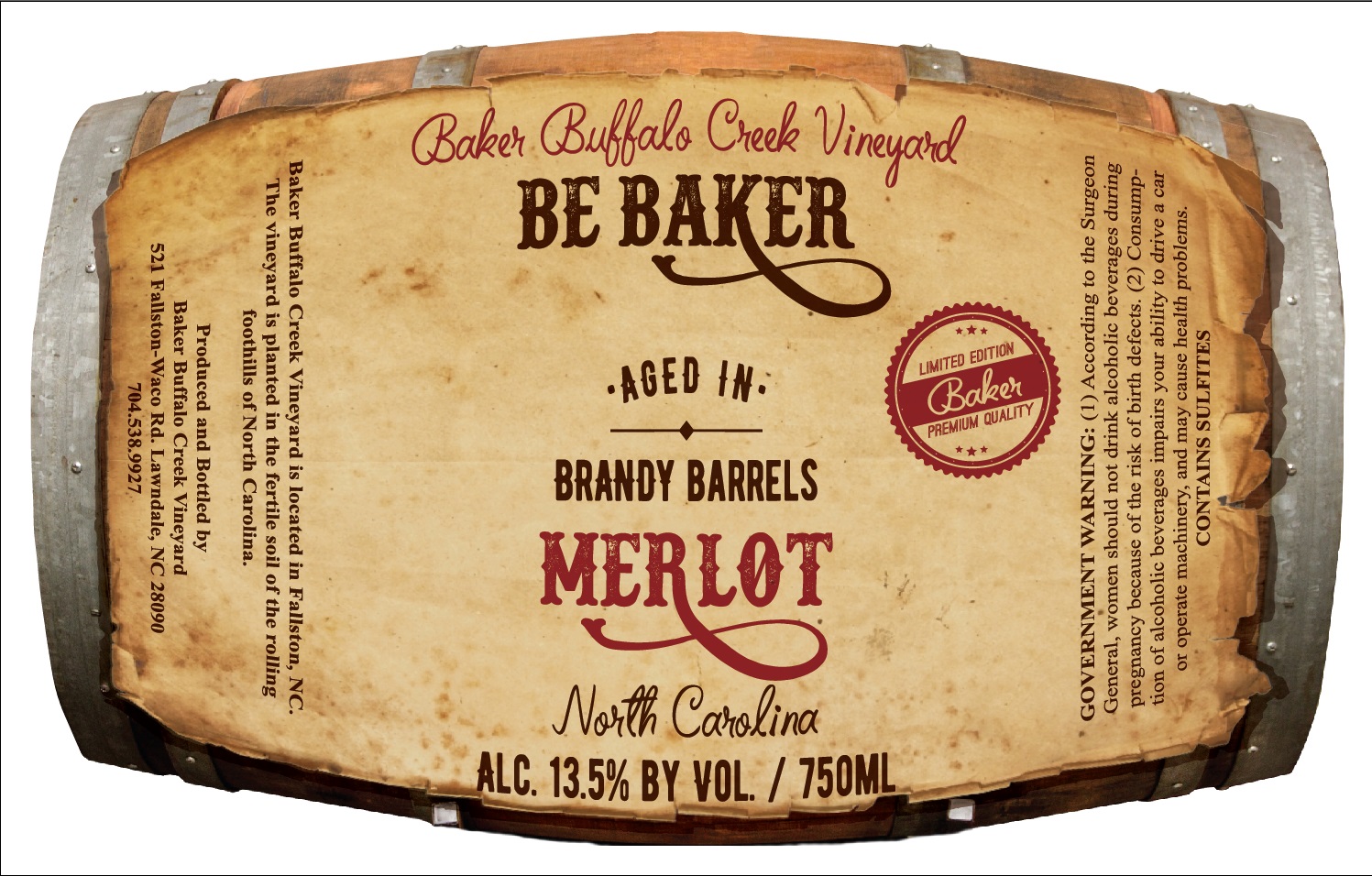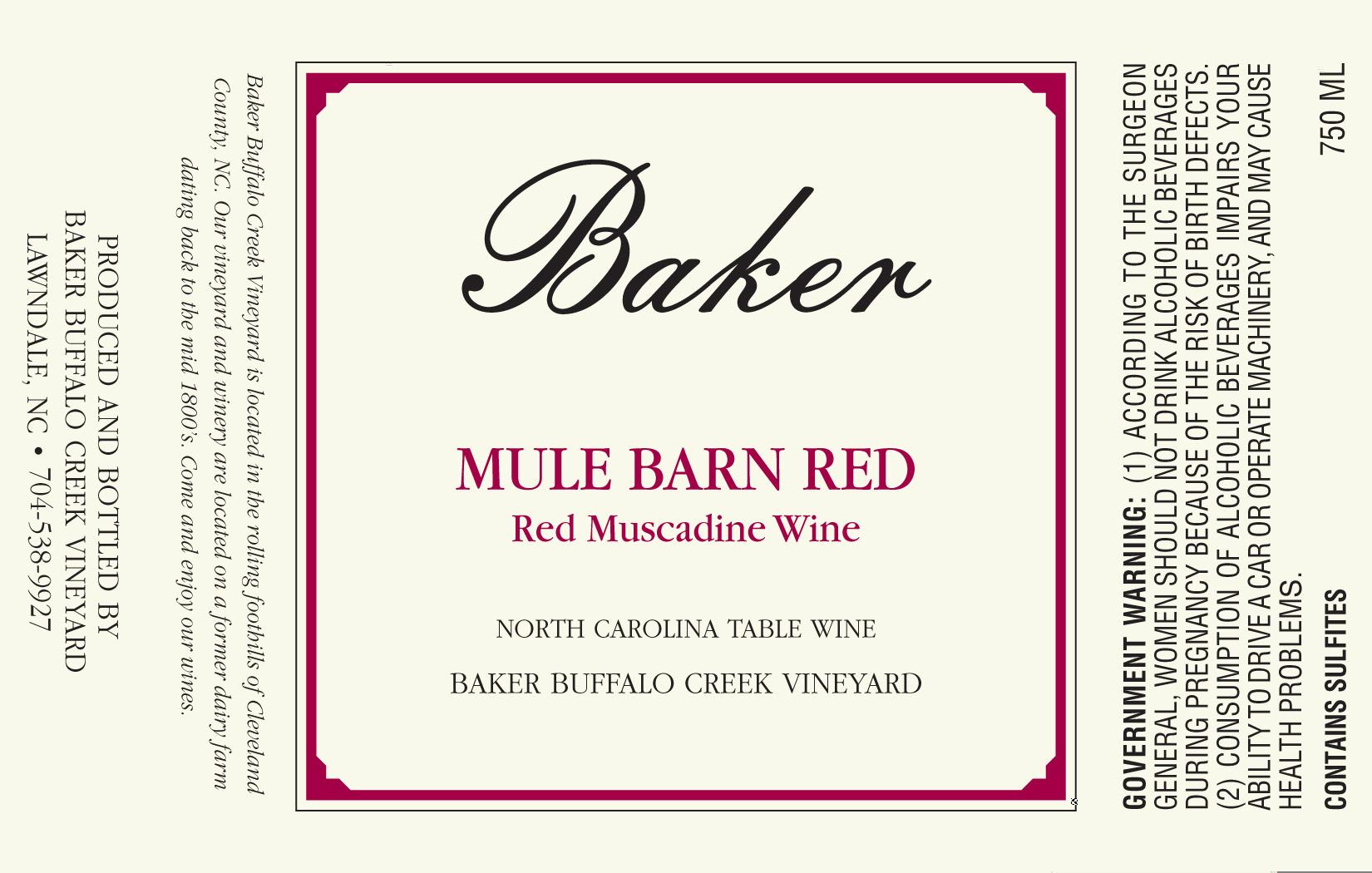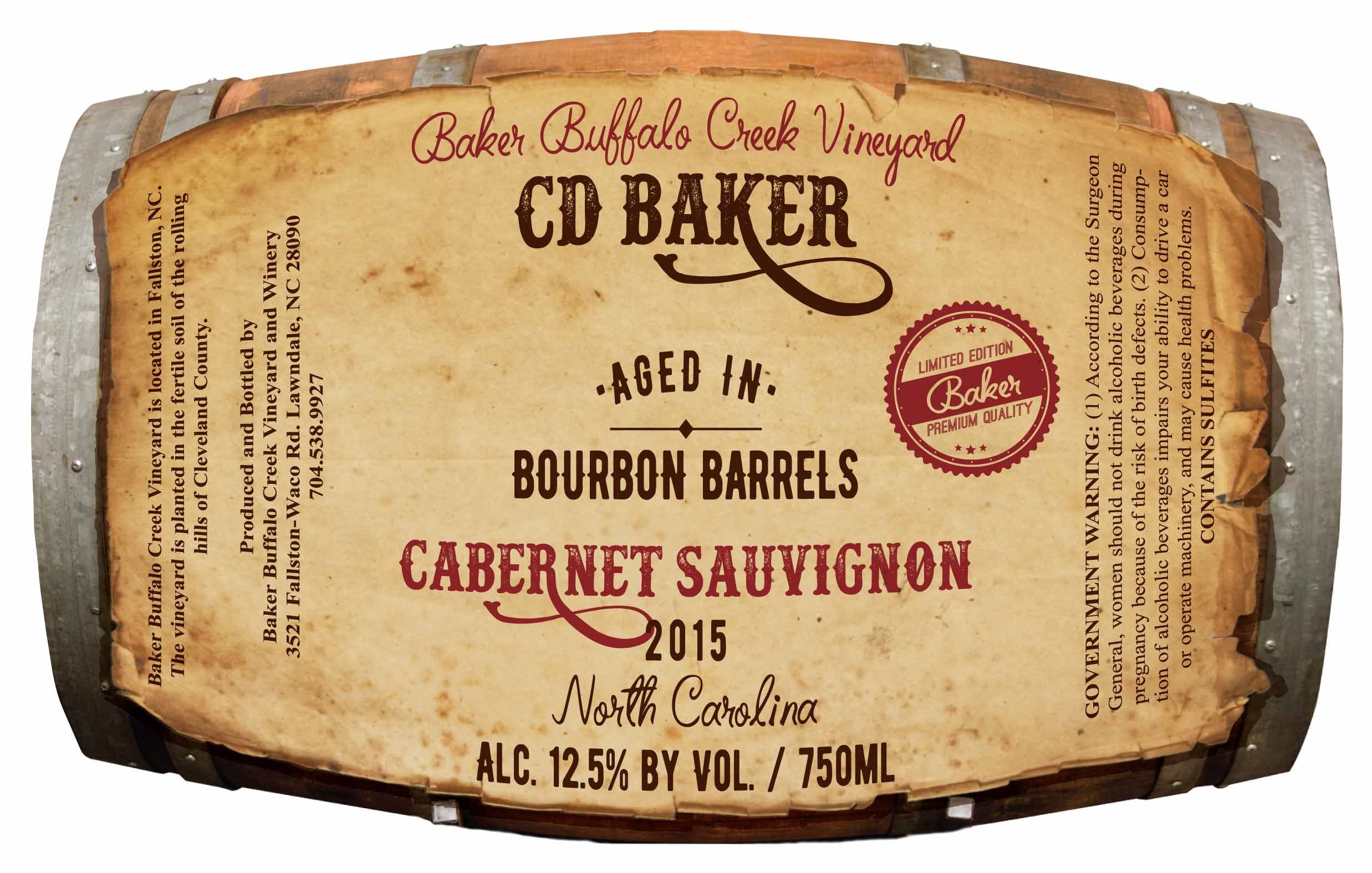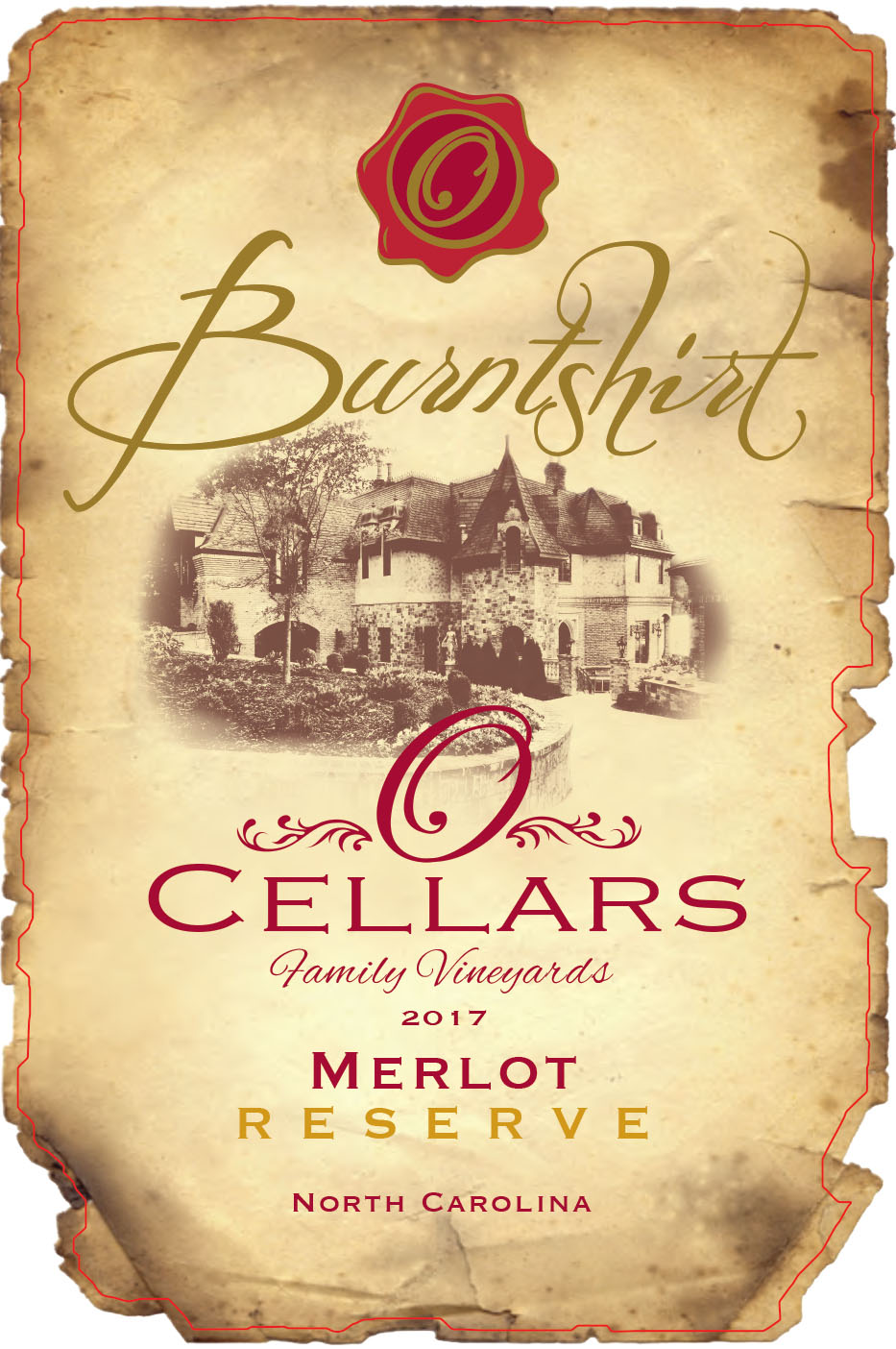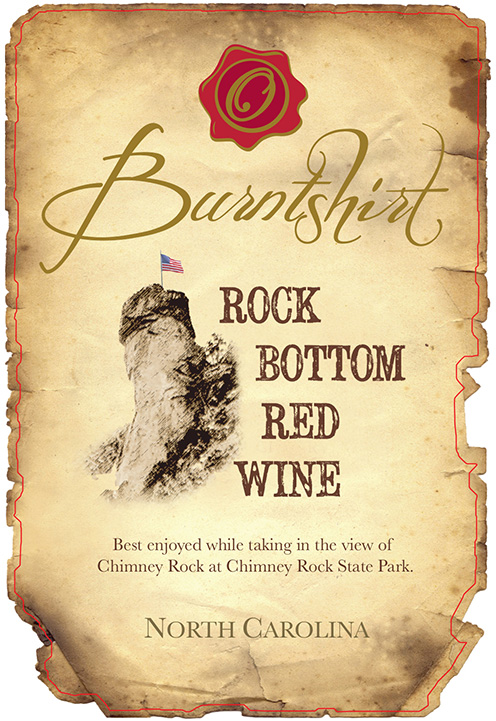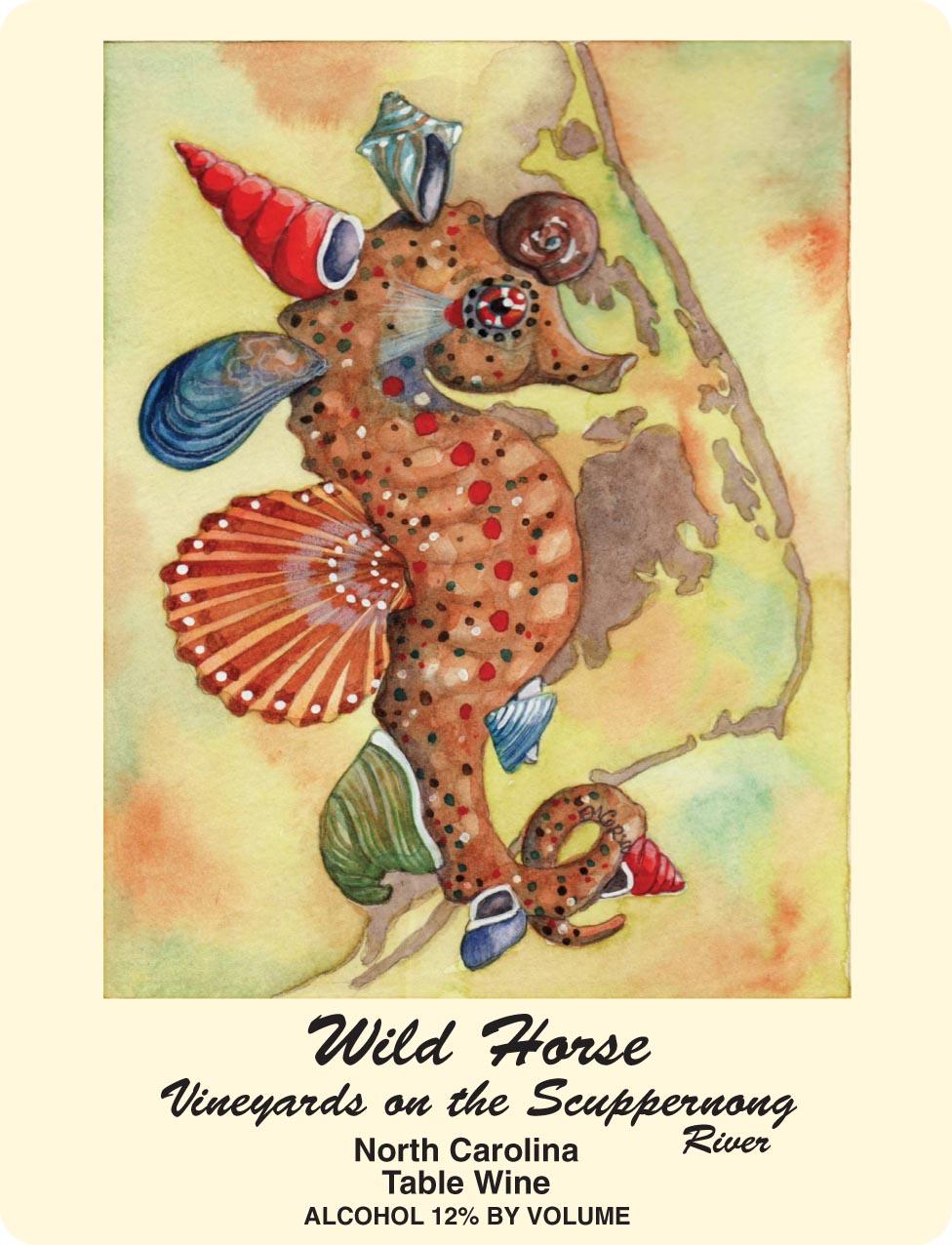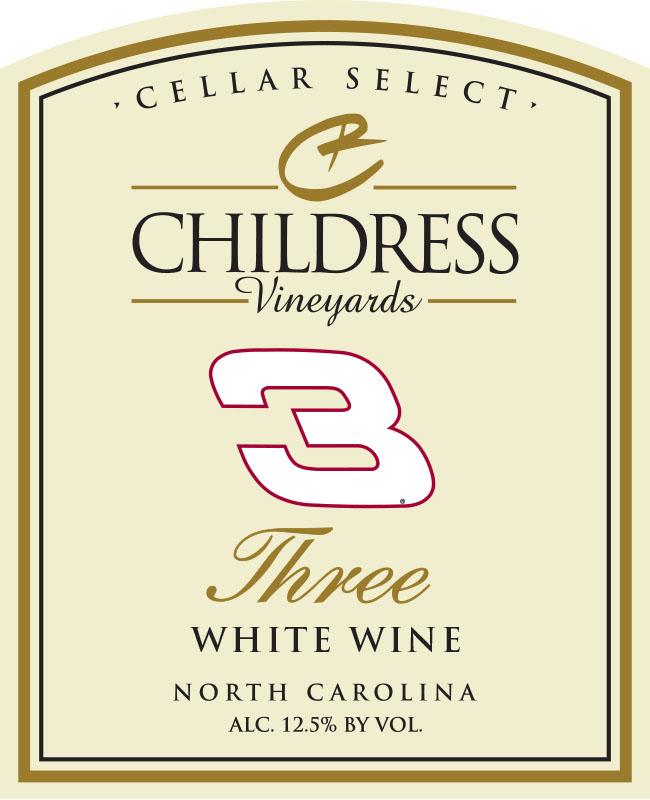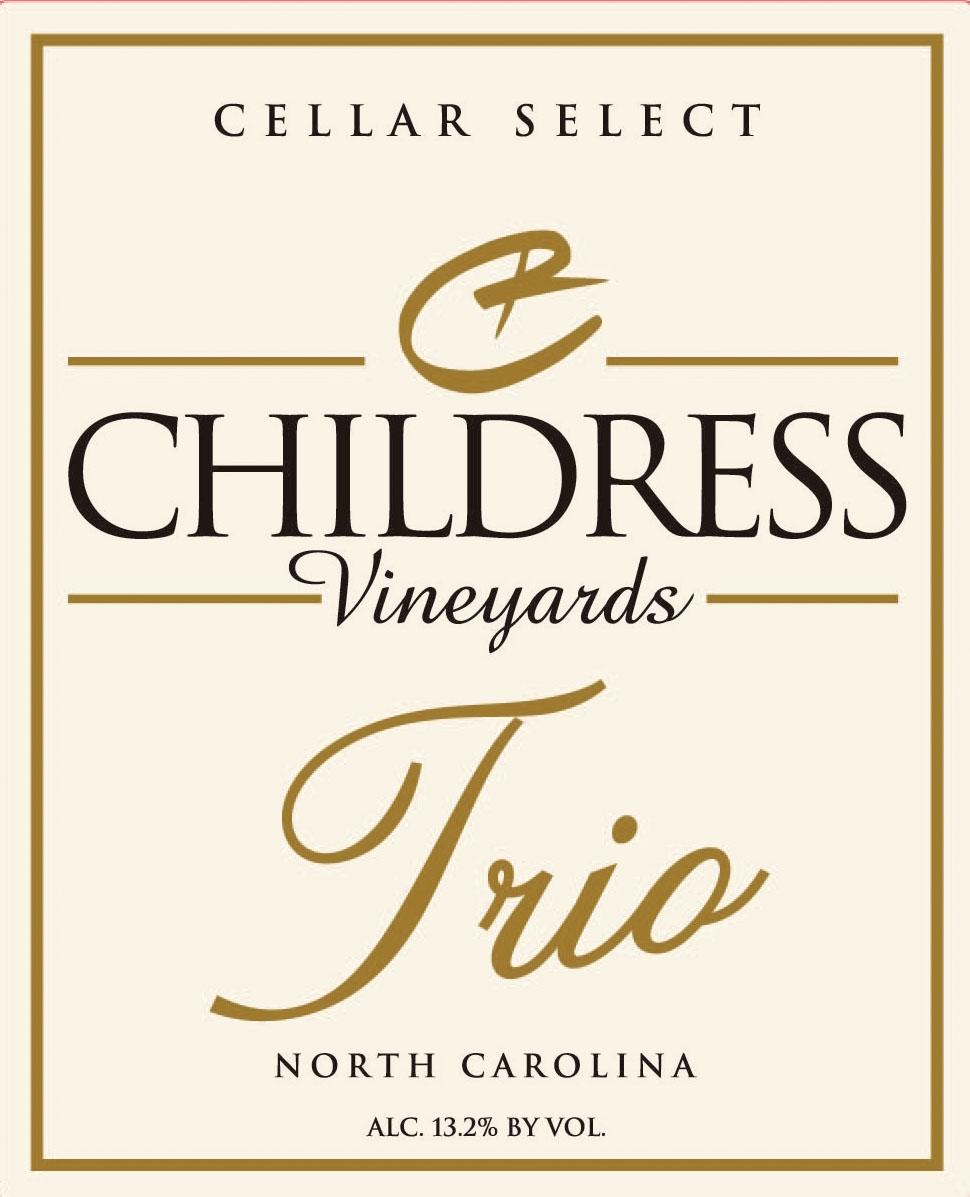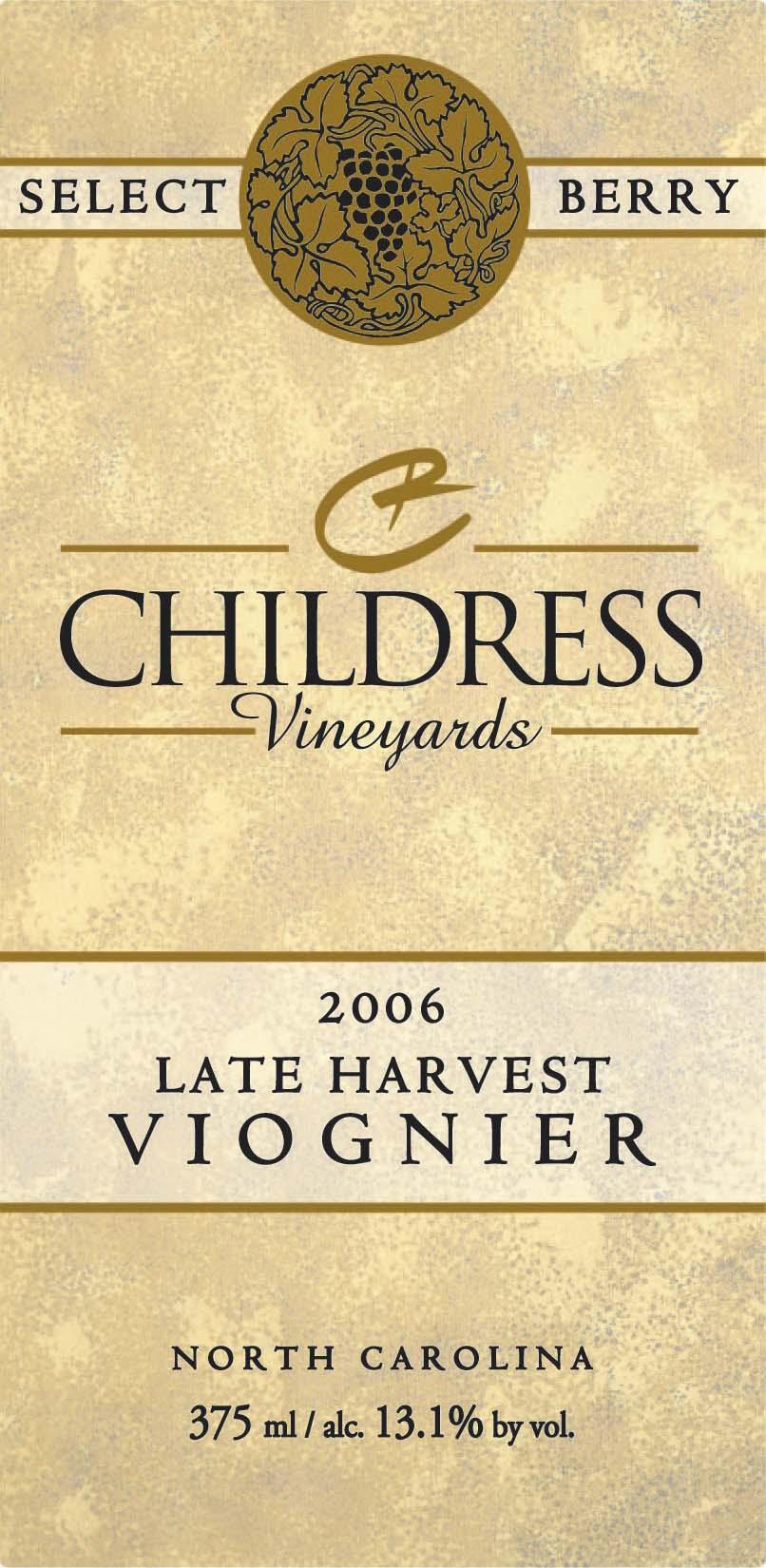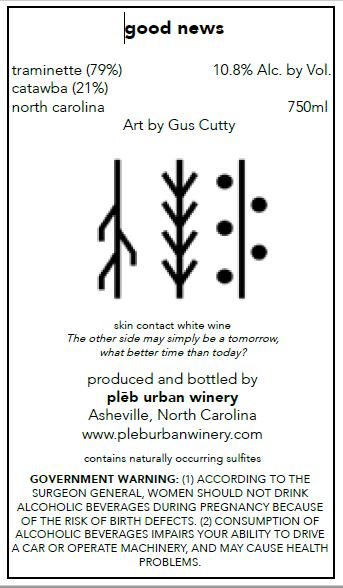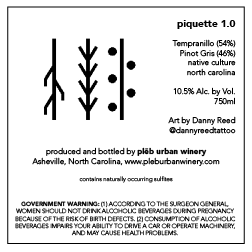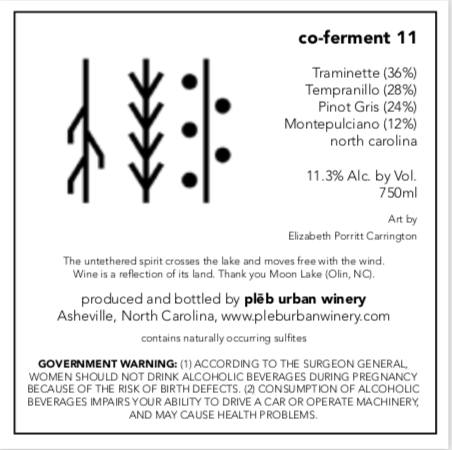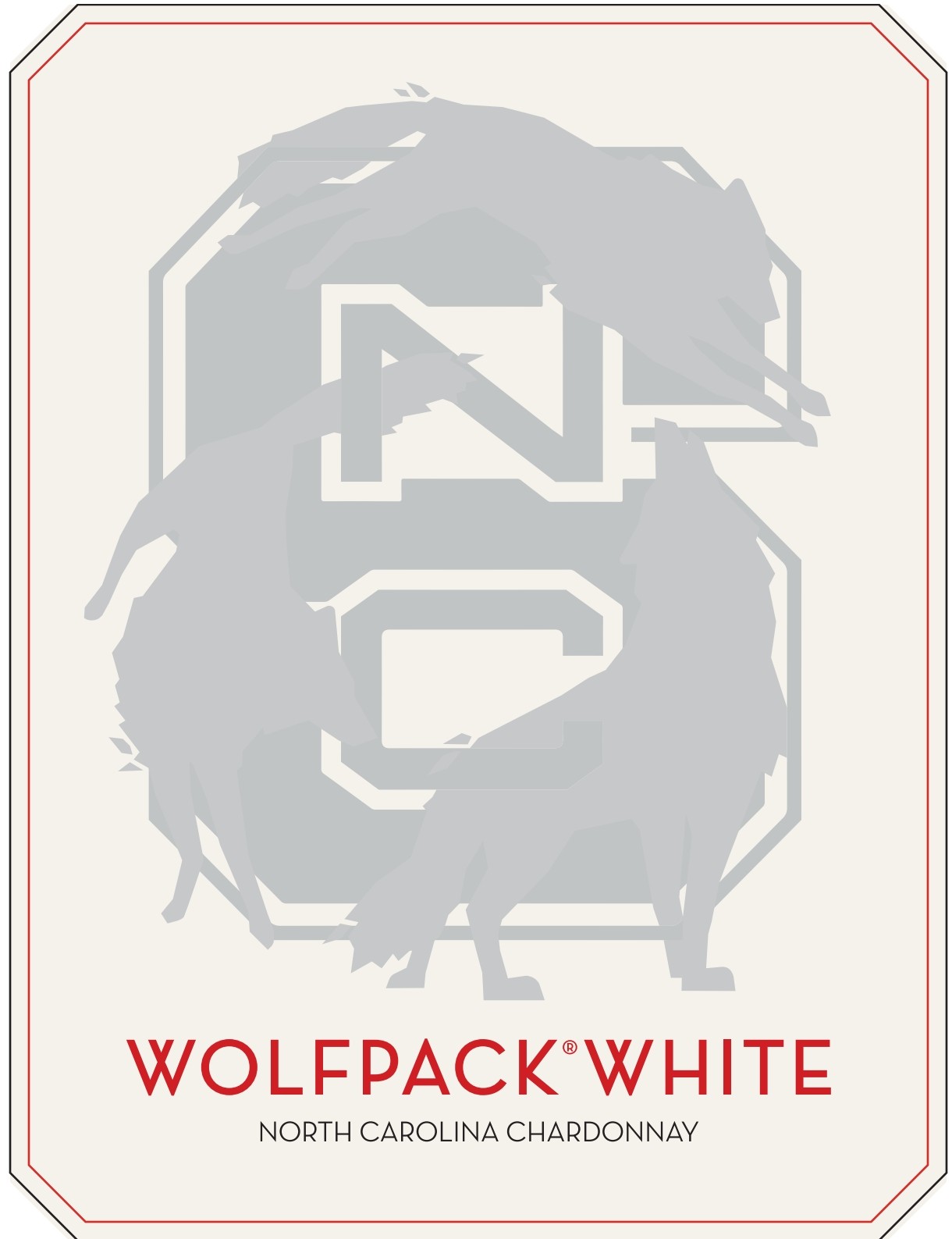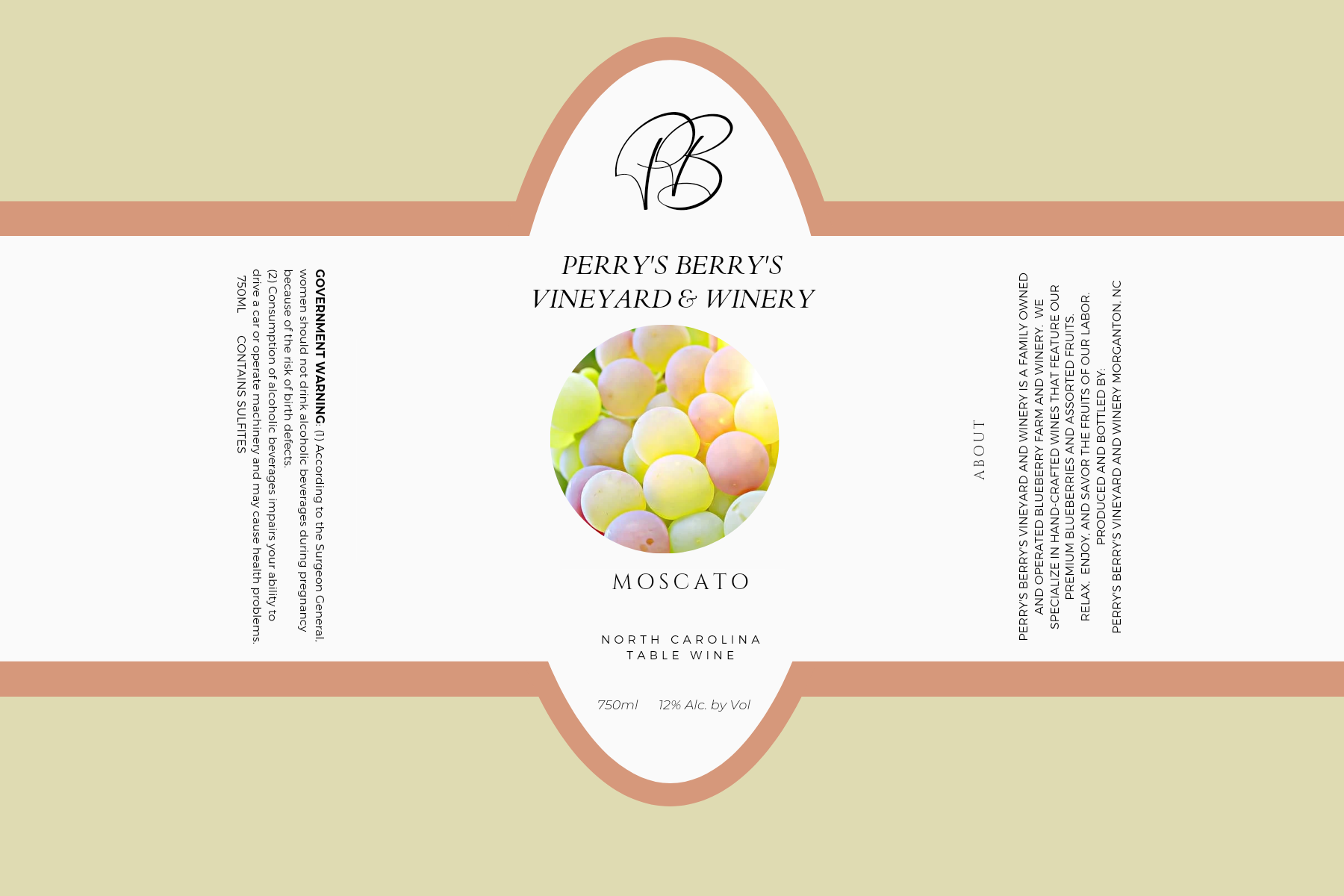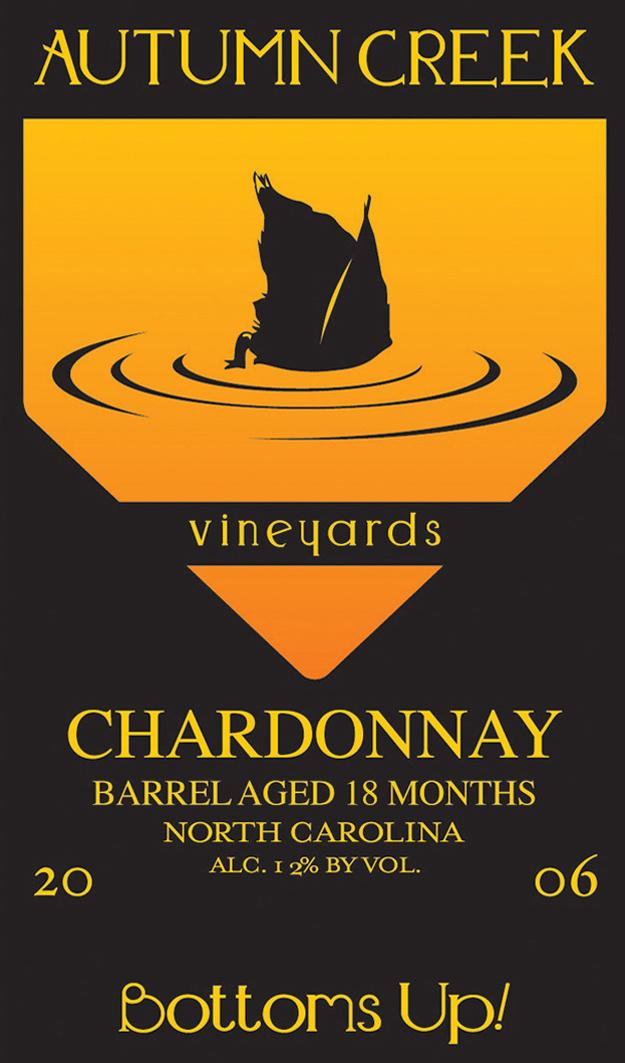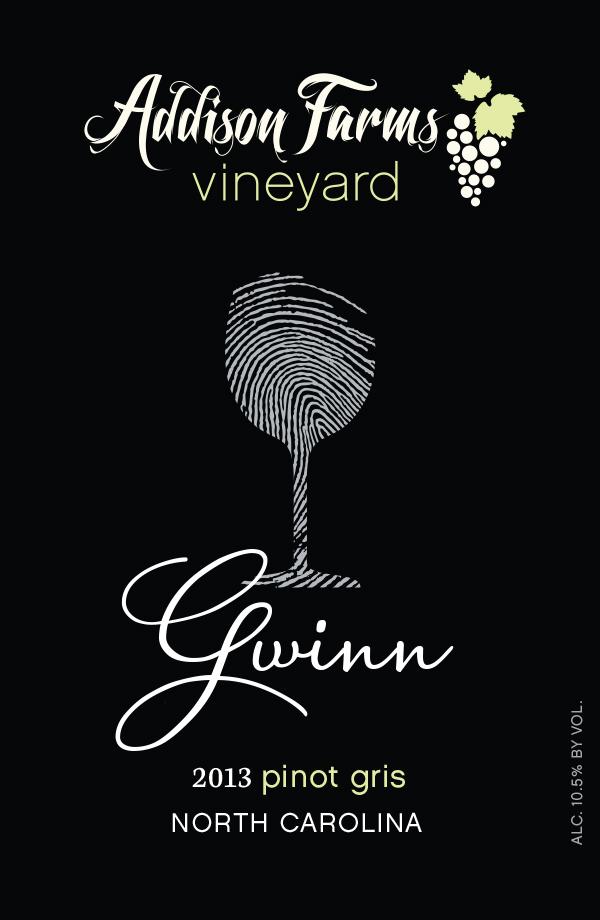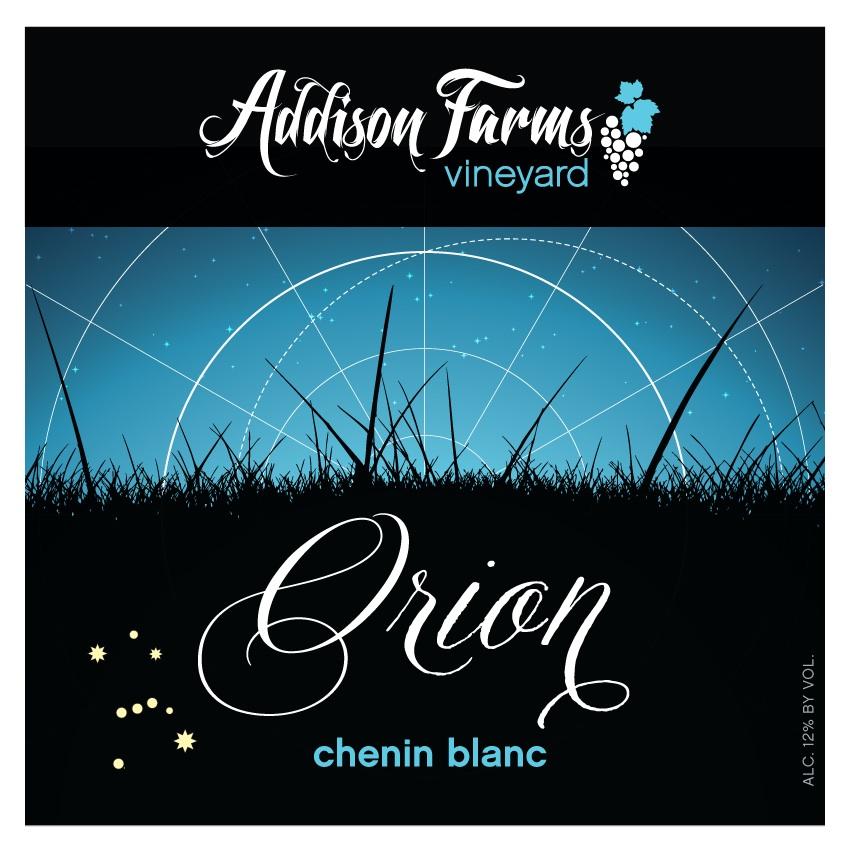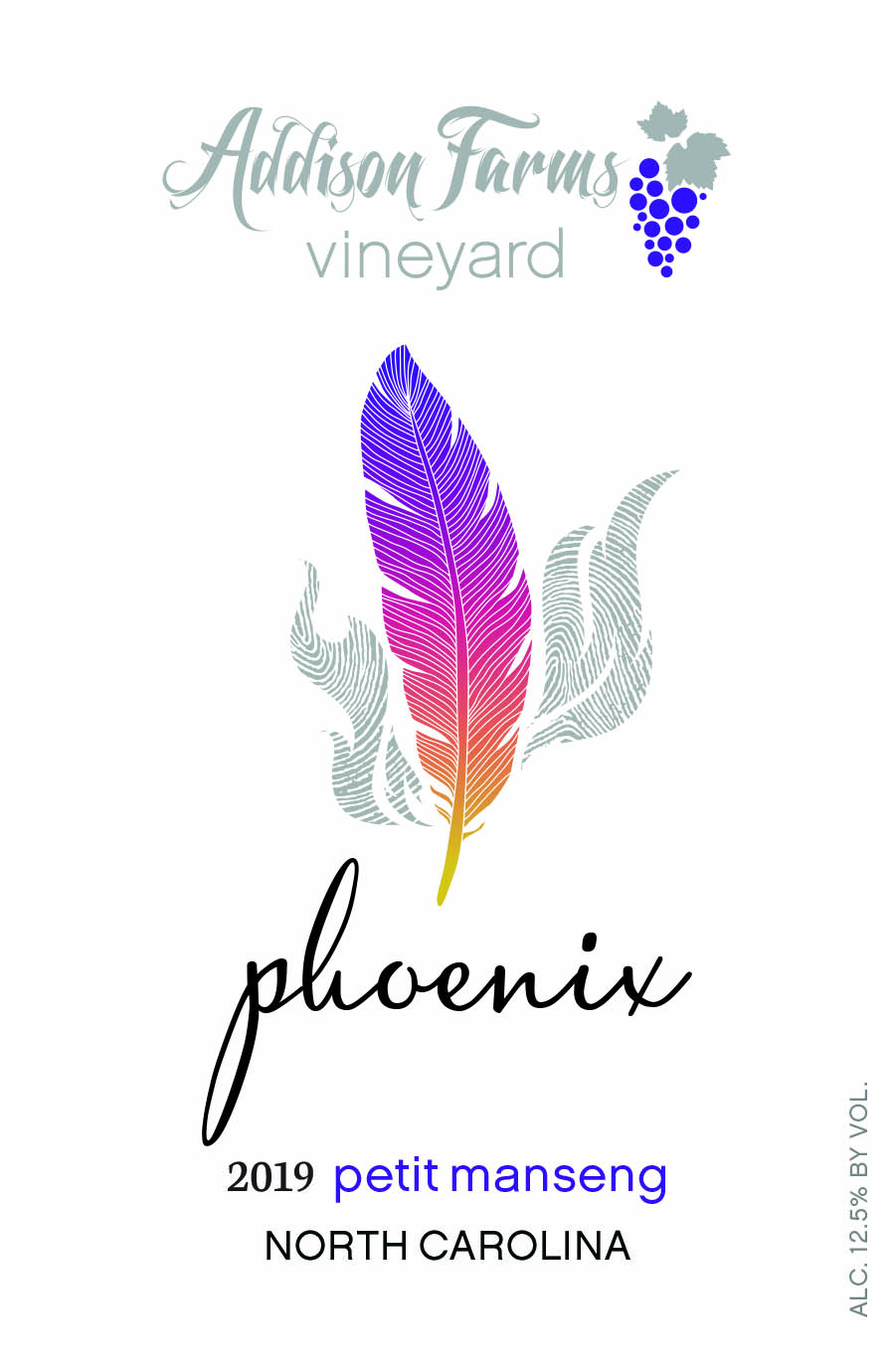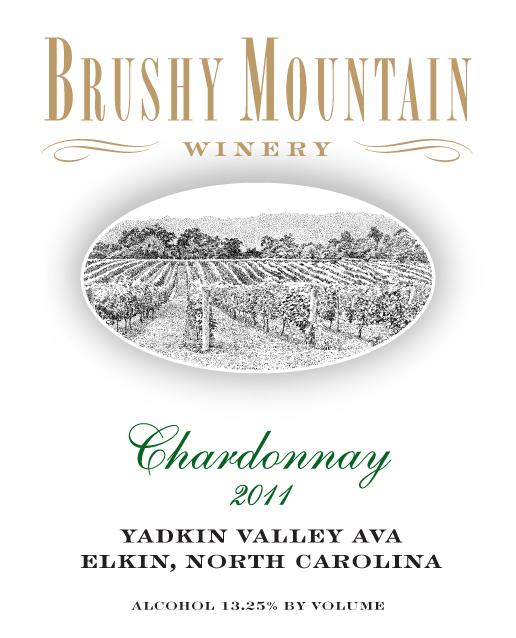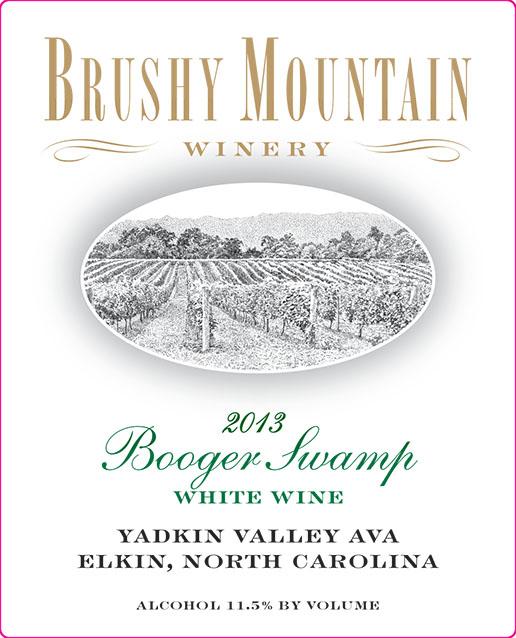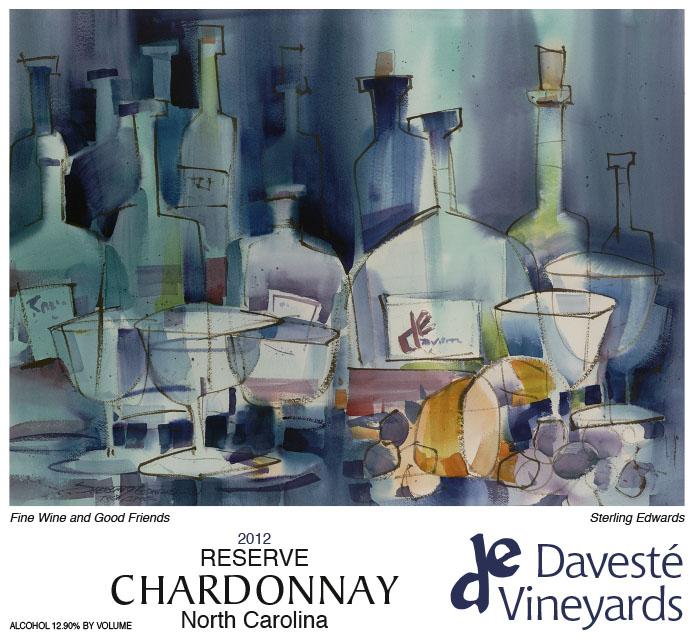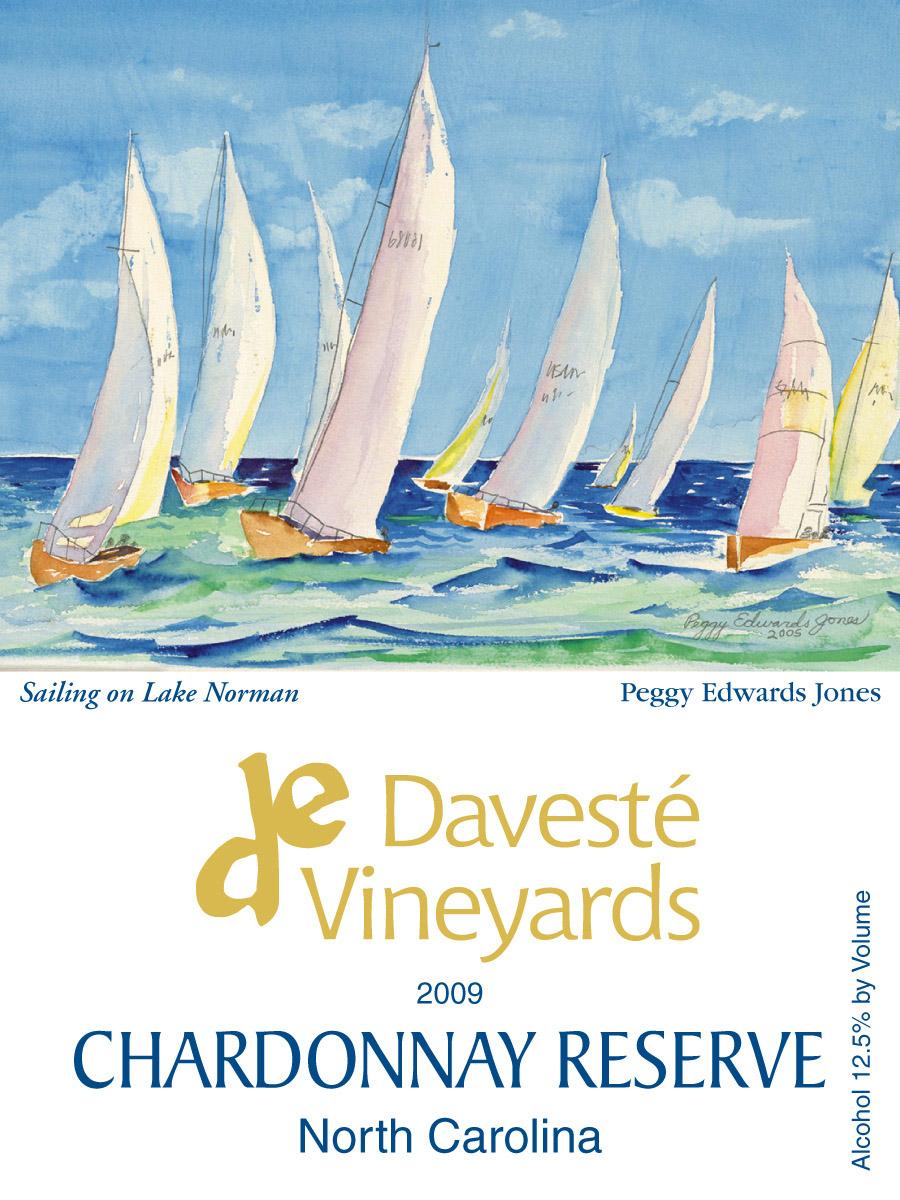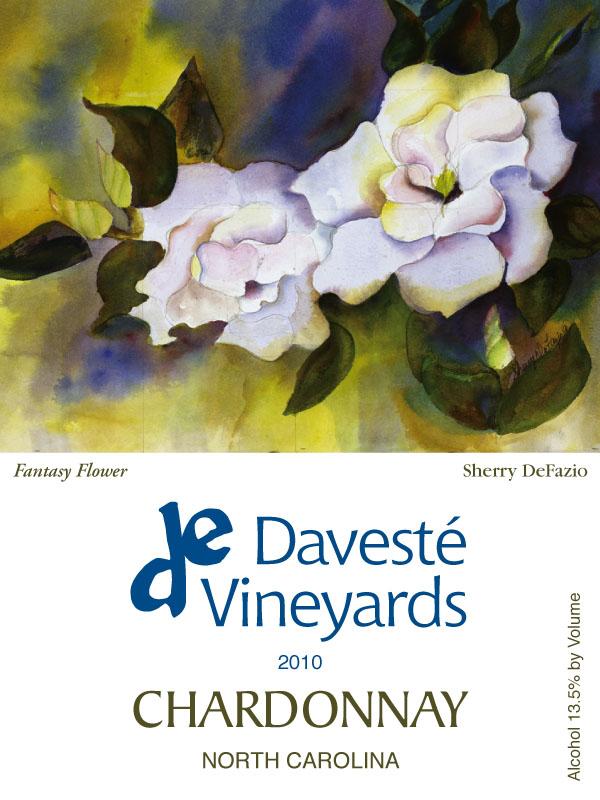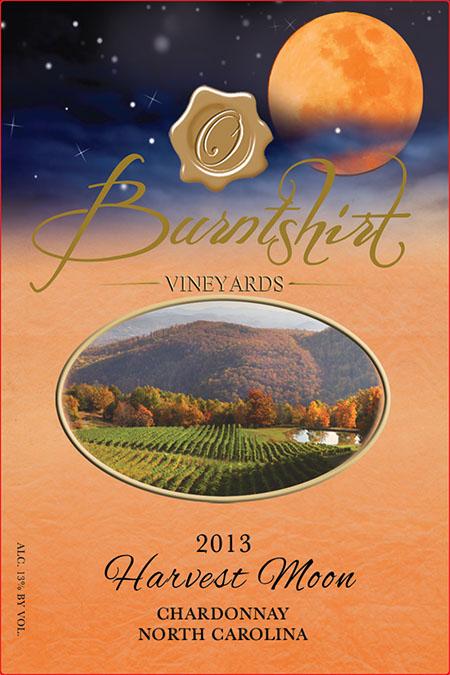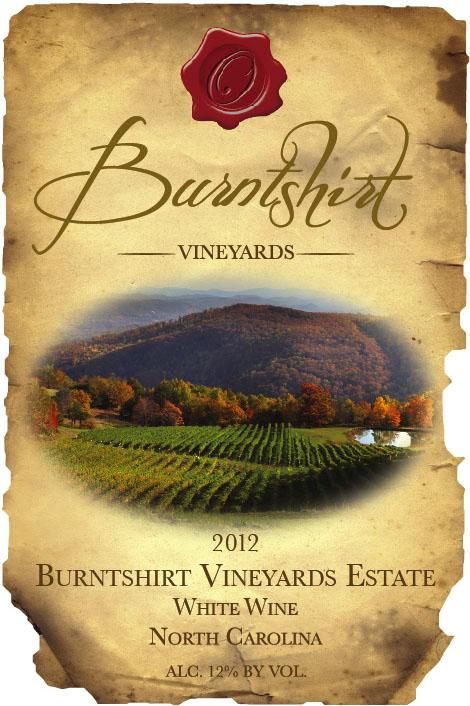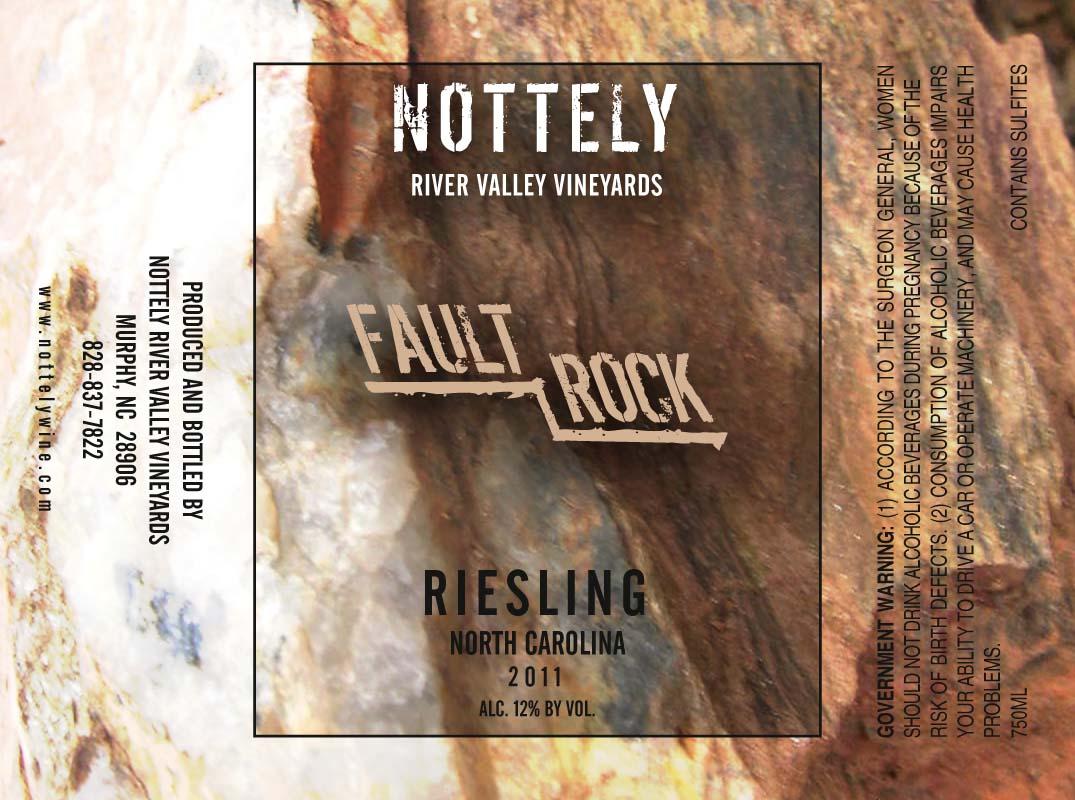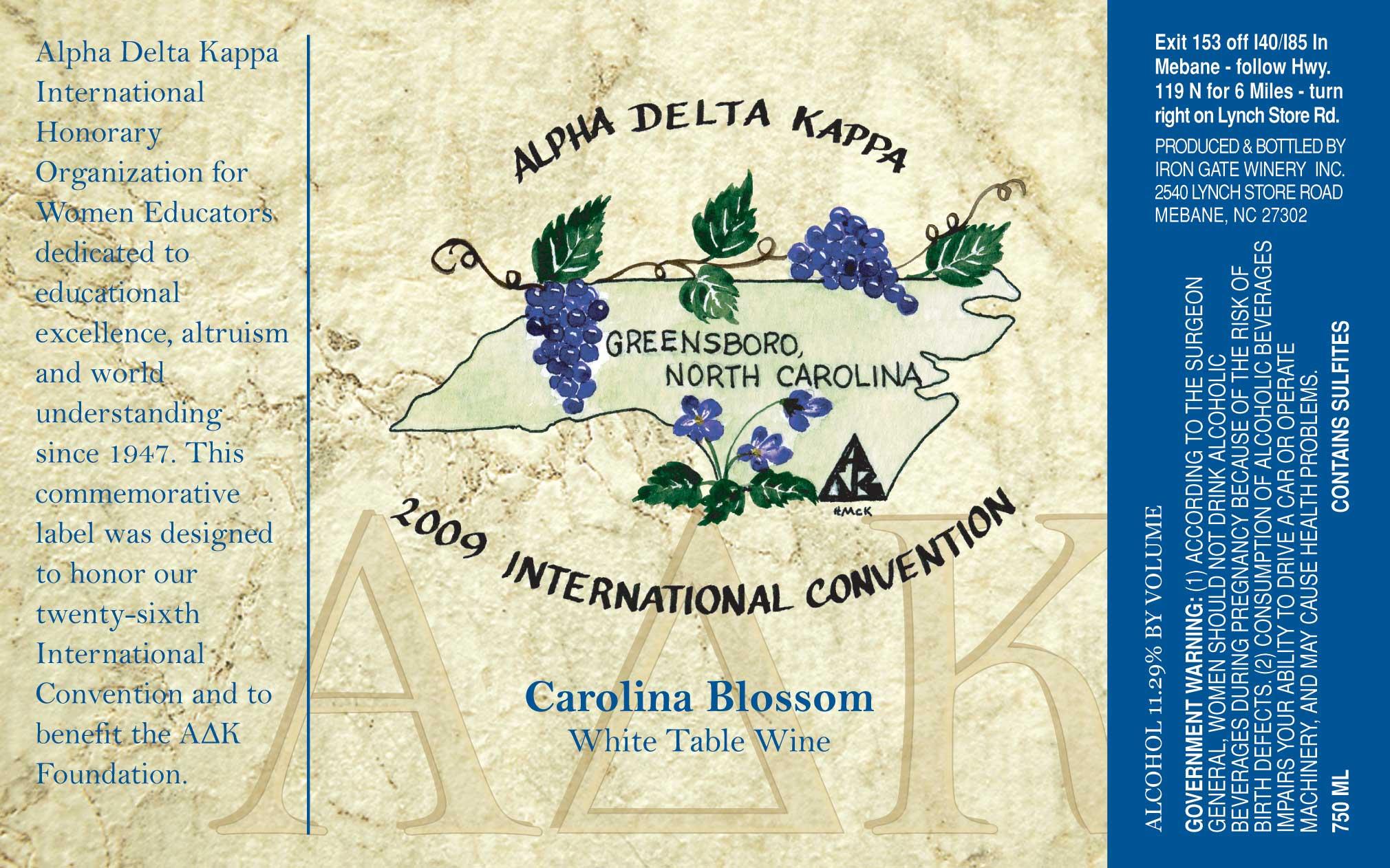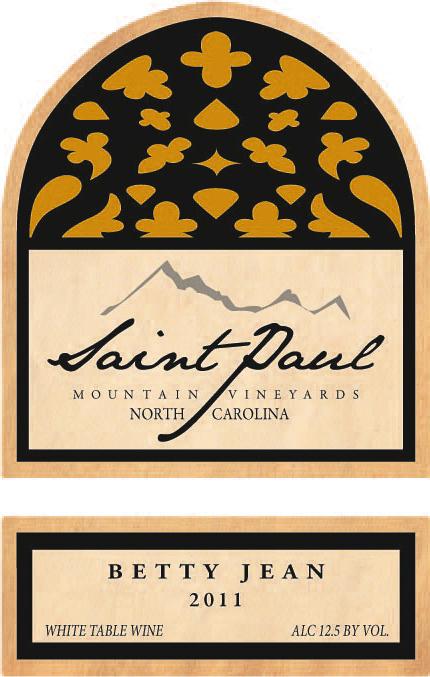Terroir of North Carolina
North Carolina's diverse landscape, from coastal plains to mountains, creates unique wine regions with different climates and soils.
The Coastal Plain & Sandhills have a hot, humid climate, perfect for muscadine grapes like Scuppernong, thriving in sandy soils with long growing seasons.
In the Piedmont, moderate climates and varied soils support European grapes, protected from Atlantic storms with a sunny growing season.
The Mountain Highlands, over 2,000 feet in elevation, offer a cooler climate with rocky soils, ideal for cold-hardy grapes like Riesling and Pinot Noir. Cooler nights maintain acidity, and lower humidity reduces pests.
Each region's unique terroir, from sandy coasts to rocky mountain soils, allows for a wide range of wine styles, showcasing the unique character of North Carolina's wine landscape.
Notable Wineries in North Carolina
North Carolina's wine landscape is enriched by a blend of historic and modern wineries, each contributing to the region's vibrant wine culture.
-
Biltmore Estate Winery: Located in Asheville, this iconic winery is renowned for its European-style wines and picturesque Blue Ridge setting.
-
Duplin Winery: Based in Rose Hill, Duplin is the world’s largest muscadine wine producer, famous for its sweet Scuppernong wines.
-
Childress Vineyards: Situated in Lexington, this winery is celebrated for its Bordeaux blends and stunning Tuscan-style architecture.
-
Shelton Vineyards: A trailblazer in the Yadkin Valley AVA, known for its award-winning Merlot and Cabernet Franc.
-
Raffaldini Vineyards & Winery: Offers an Italian wine experience in Ronda, focusing on Italian grape varieties and winemaking methods.
Sustainable Winemaking in North Carolina
North Carolina's wine industry is committed to sustainability, driven by local ecosystem needs and consumer demand for eco-friendly products. Winegrowers reduce chemical dependency through natural pest control and disease-resistant grape varieties, like Chambourcin and muscadines, crucial for the humid climate. Practices such as cover cropping and reduced tillage foster healthy soils, vital for preventing erosion during heavy rains.
The state's push for organic and biodynamic farming is gaining momentum, despite challenges posed by the Southeast's climate. The Certified Sustainable Winegrowing (CSW) program supports these efforts, encouraging energy-efficient operations and eco-friendly packaging. Innovations like lightweight bottles and solar energy further reduce the carbon footprint. These sustainable practices not only protect the environment but also enhance wine quality, enriching flavors and showcasing the terroir. As a result, North Carolina's wine industry is poised for a sustainable future, blending tradition with modern environmental care.
Wine Tourism in North Carolina
North Carolina's wine tourism offers a rich tapestry of experiences, combining scenic beauty with diverse wine styles.
From the historic Biltmore Estate in Asheville, known for its European-style wines, to the Yadkin Valley's Wine Peaks Trail linking over 40 wineries, visitors can explore a wide array of offerings.
The Southern Gateway Wine Trail near Lexington merges wine with local BBQ culture, while the High Country Wine Trail in the mountains provides cooler retreats.
On the coast, the Coastal Wine Trail celebrates muscadine heritage, featuring Duplin Winery's sweet Scuppernong wines.
Unique experiences, like hiking with llamas at Divine Llama Vineyards, add a quirky charm.
The state hosts events like the Yadkin Valley Wine Festival and promotes sustainability through eco-friendly practices.
North Carolina's wine tourism scene is diverse and welcoming, offering something for everyone.





